A Man in a Woman’s World – Costin Ilinca

Costin Ilinca – Sports as a Lifestyle for a Successful Academic Career
Costin Ilinca is a dedicated educator in the academic field, for whom sports represent more than just a lifestyle. He is focused on participating in international competitions. Endowed with abilities such as perseverance, determination, commitment, passion, consistency, and rigor, Costin Ilinca disproves the idea that attention cannot be divided between two diametrically opposed directions.
As a bodybuilding and fitness champion and a university professor, Costin Ilinca has published six books to date, contributing to various university projects and collaborations in the field of mechanical engineering, considering personal example as influential.
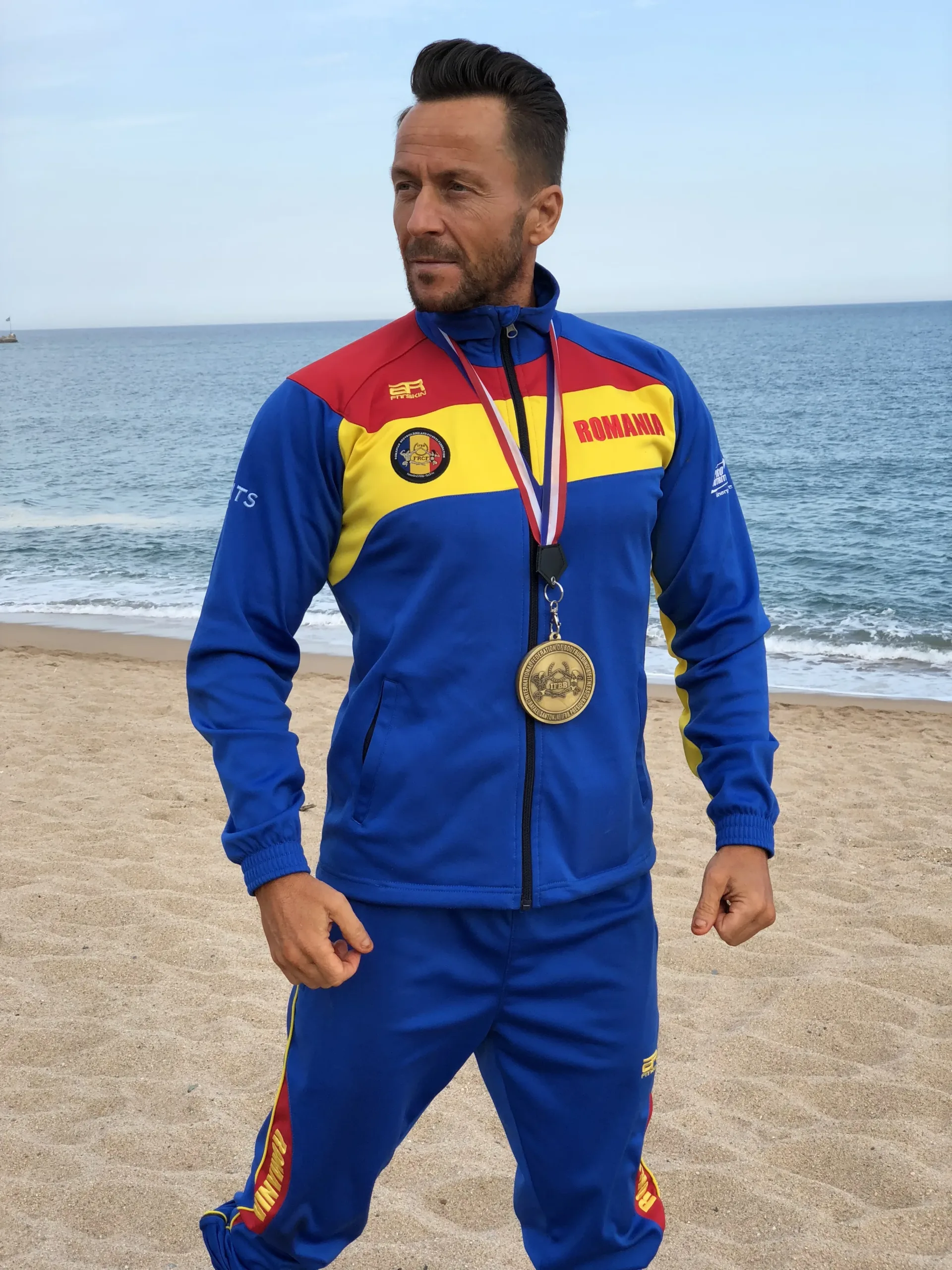
If you were to briefly describe yourself, how would you describe yourself?
I am an advocate of doing things well, with pleasure and passion. Ambitious, rigorous, and sometimes a bit excessive. I like to set goals that I can achieve, and I consider myself a “complete person” having a little bit of everything.
Most of the time, I sacrifice my social life for the sake of my career and sports life.
I prefer to win first place every time I participate in competitions, which fuels my desire to prepare even more intensely for the following year to maintain my position on the podium. In my view, second place is the place of the first loser.
Ambition and perseverance are my strong points.
University professor or high-performance athlete – in which of these two categories do you identify more?
What represents me entirely is the teaching activity, with the athletic aspect complementing my academic career. My foundation lies in my academic career, and I wouldn’t like to engage in any other occupation.
Opportunities to leave the country have been numerous, but I declined them. I love working with young people, inspiring them, and identifying myself with everything they represent. Also, I enjoy being a real role model for students.
There is a close connection between what our profession represents and the way we are as individuals. High-performance athletes do not focus their attention on just one thing. Generally, they are individuals with a high level of ambition on multiple levels.
The more domains you are involved in and want to excel at, the greater the level of difficulty.
What titles have you won, and what was the most significant moment in your sport career?
The titles I have won are: National Vice-Champion, 1st Place – Balkan Championship, 1st Place – World Cup, 2nd Place – World Championship.
The pinnacle of my sports career, until now, is winning the gold medal at the World Championship. The most significant moment was experiencing the intense feeling of hearing the Romanian national anthem when nothing else can distract your attention, and you are 100% present – physically, mentally, and emotionally.
This moment, for me, is a reference point, and whenever I need energy to “move forward,” I relive those moments and start anew.
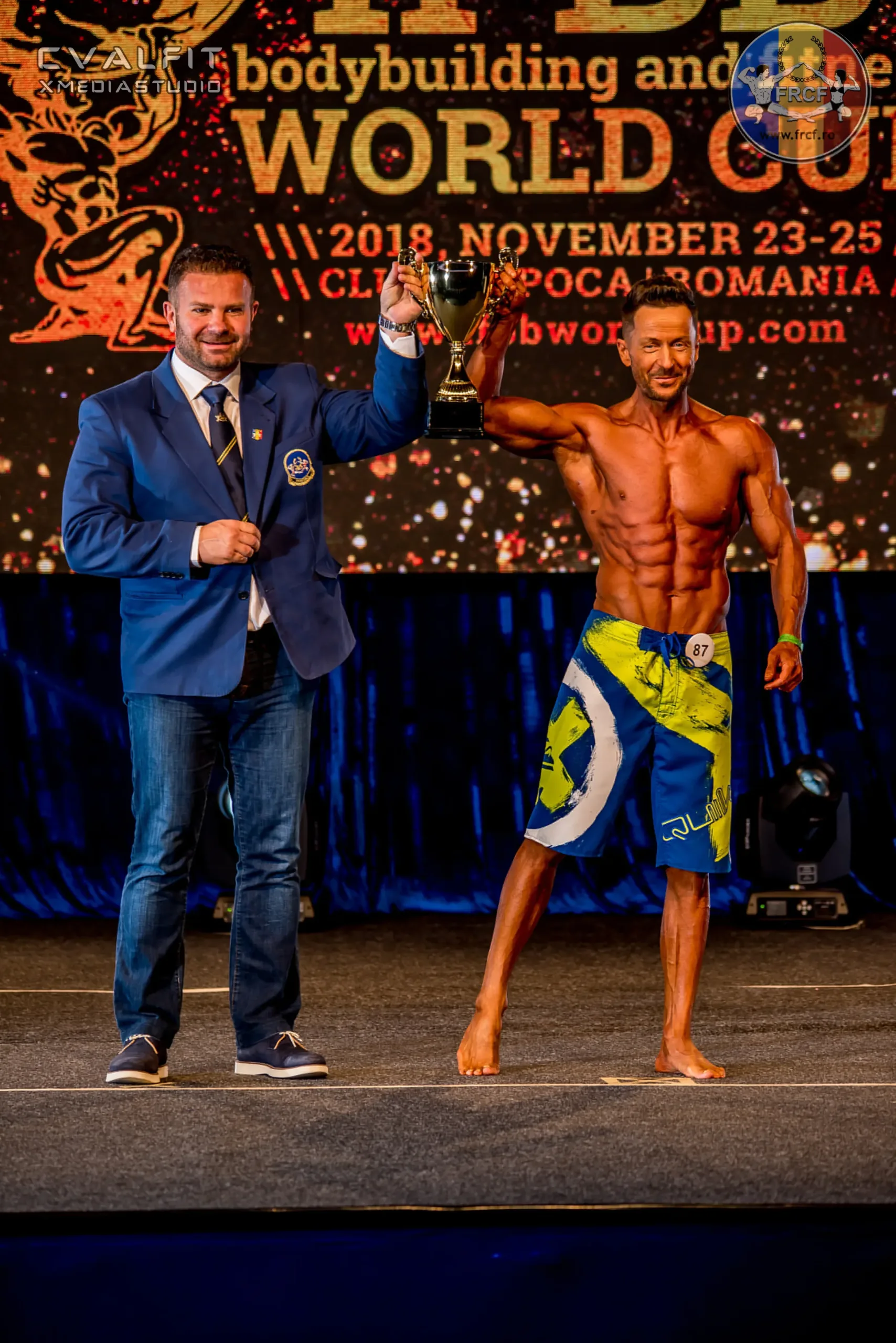
What was the last medal you won?
In 2019, I participated in the World Championship held in Tarragona from December 6-8, where I won the silver medal, thus maintaining my title as Vice-World Champion IFBB.
In your opinion, what makes the difference between a champion and a non-champion?
The criterion that differentiates a champion from a non-champion is rigor. This aspect is easily noticeable in a champion, both in everyday life and when they set out to achieve a goal. A person who is conscientious in other areas of life – family, social, professional – will undoubtedly be someone rigorous when pursuing a goal. There is a close connection between rigor and intellectual preparation.
It is important to be consistent, persevere, believe in what you do, and you will undoubtedly achieve results.
Having significant goals is essential because a life without objectives would be chaotic.
You believe your place is among the students. There is a beneficial exchange of energy between you and them. How do students perceive you: as a university professor or a high-performance athlete?
Students perceive both notions as representative of me and see them on the same level: the professor-champion or the champion-professor. They often confuse these concepts, and I can only be happy about it. These are two elements that complement each other, are part of me, and should be taken as a whole.
Alongside students, I am involved in various projects, and at the same time, we train together. As a licensed referee, I have arbitrated students in various regional competitions.
I do not recommend young athletes to give up continuing their education for the sake of sports. Education is essential.
I am happy when young people follow my example on both fronts. I can say that I feel fulfilled.
Intellect does not exclude physicality.
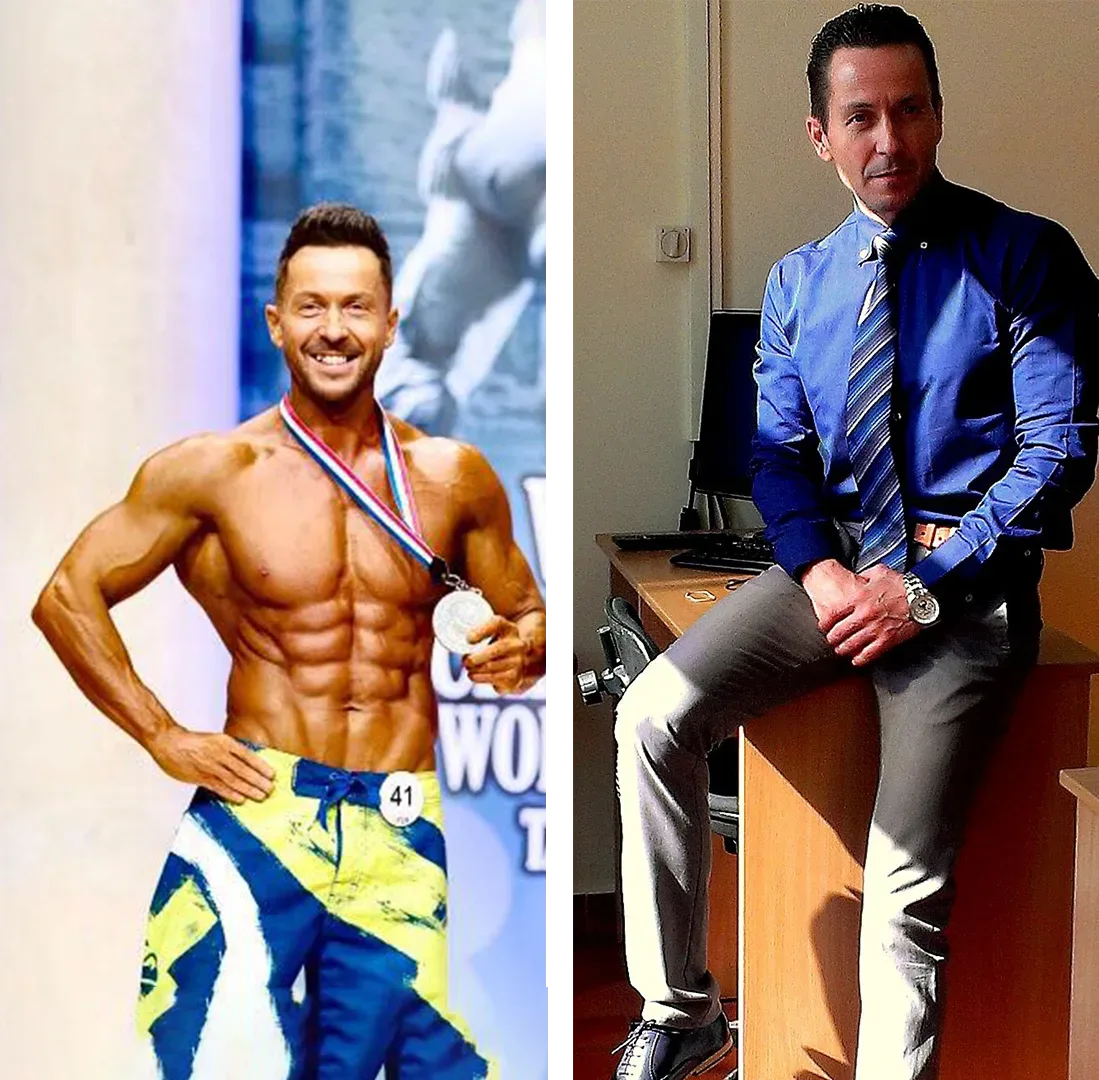
Your career and preparation for sports competitions take up a lot of your time. What hobbies and other interests do you have to unwind?
My pedagogical activity, academic career, and athletic aspect.
My passions are generally related to the professional side, to everything that involves development through research. I like to write articles, actively participate in various collaborations, have published books in the field, and appear in specialized magazines. I attend conferences and come into contact with people through whom I can grow professionally. The professional aspect dominates me.
The scientific/educational aspect is also an inner “bug.”
The athletic aspect disconnects me when I don’t engage in it competitively.
How would you describe the experiences specific to your age, which you openly affirm, and what advice do you have for others in the same age group (50+), based on your own experience?
The second part of life is the most beautiful period. It’s the period when you “reap the rewards” of the effort put into all areas of life in the first part. If at this age you are not accomplished and satisfied/ at peace with yourself, it becomes more difficult to rehabilitate anything.
50+ is the period when you can share with others what you have accumulated in terms of life experience.
I recommend that people in the 50+ segment not pay attention to their age and think as positively and energetically as they did when they were 20, living life to the fullest.
I must mention that they should pay increased attention to how they prepare for the second part of their lives, based on what they initiate at a younger age. The age of 50+ should be an important objective in the first part of life, so my advice is to invest in themselves.
What principles and beliefs guide your life?
I believe in continuity, perseverance, and the fact that passion comes from results.
Mihaela Fitzpatrick
Mihaela Fitzpatrick este Directorul și Fondatorul FormaSheFitness, unde supervizează afacerea și brandul pe întregul spectru de platforme online, digitale și print. Cu o experiență de peste 10 ani în industria wellness-ului, Mihaela se dedică scrierii, editării de conținut, gestionării proiectelor online și dezvoltării strategiilor de social media. Este absolventă a European School of Economics din Londra, unde a finalizat un program postuniversitar în Event Management, și, totodată, absolventă a Universității Româno-Americană, unde a absolvit un Master în Administrarea Afacerilor în Turism, precum, a obținut și o licență în Drept. Mihaela este responsabilă de gestionarea tuturor activităților corelate cu FormaSheFitness, inclusiv: Redactarea, editarea și publicarea conținutului aferent revistelor tipărite și online, bannerelor și videoclipurilor. Organizarea de evenimente, planificare și prezentări, inclusiv călătorii în diverse orașe și locații pentru evenimente, crearea de rețele și dezvoltarea oportunităților de afaceri. Organizarea și gestionarea tuturor filmărilor și shooting-urilor, selectarea locațiilor, crearea conceptelor, alcătuirea echipei, supravegherea filmărilor, shooting-urilor, selectarea și editarea conținutului pentru revista hard print și online, ori pentru contentul online. În momentele în care nu este implicată în munca dificilă de construire a afacerii, de gestionare și generare de idei noi pentru FormaSheFitness, Mihaela explorează lumea, călătorește alături de Shiba Inu-ul său, “Foxy”, și “așterne pe tastatură” experiențele dedicate călătoriilor fit și excursiilor prietenoase cu animalele de companie. Mihaela are un stil de viată activ și iubește activitatea fizică sub toate formele sale – exerciții fizice, inclusiv antrenamentele la domiciliu, în sală și în mijlocul naturii. Crede cu tărie, că sănătatea și fitness-ul ar trebui să fie o plăcere și susține importanța de a nu fi, doar, în formă și sănătoși, ci, și de a evidenția acest aspect. Site-ul FormaSheFitness, revista și magazinul online au fost create pentru femeile moderne și active, care apreciază sănătatea fizică și mintală, fitness-ul, frumusețea, sportul, moda în fitness și călătoriile sănătoase.
Recent Posts
Related Articles
CrossFit exercises practiced outdoors or at home
Concentration and discipline are indispensable for succeeding in any training program, regardless...
July 27, 2023Health guide for “ageless” women
Discover the Benefits of Physical Exercise and the Best Types of Training...
July 27, 2023Home-Based Pregnancy Workout in Comfort
The Benefits of Prenatal Home Workout The way we interact with people...
July 10, 2023Supplementation with Vitamins and Minerals
Essential nutrients for the body The macronutrients and micronutrients are essential for...
July 10, 2023

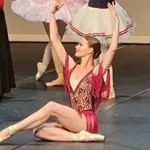

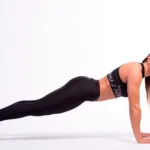








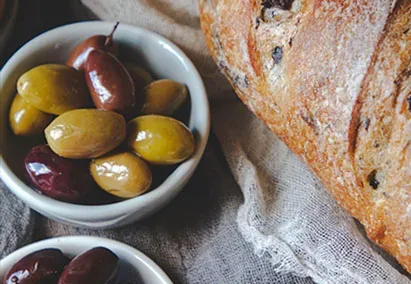





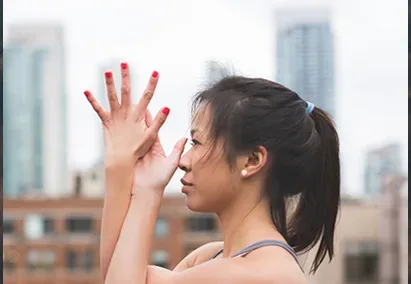

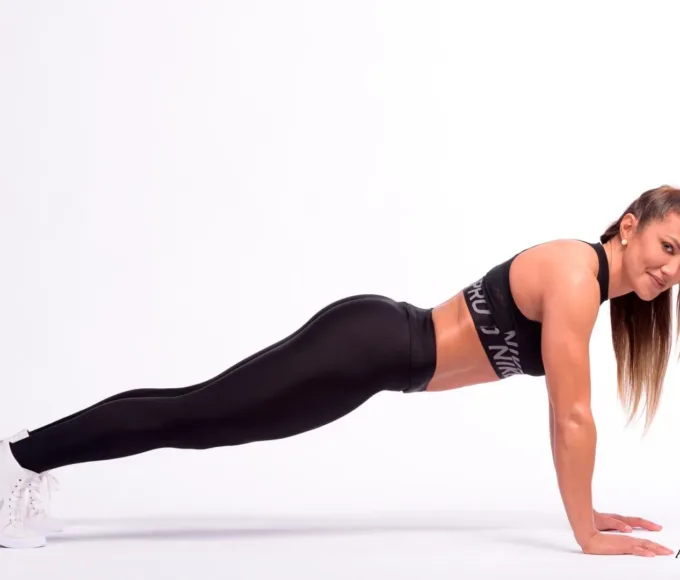
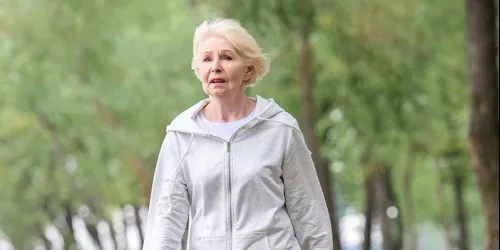


Leave a comment